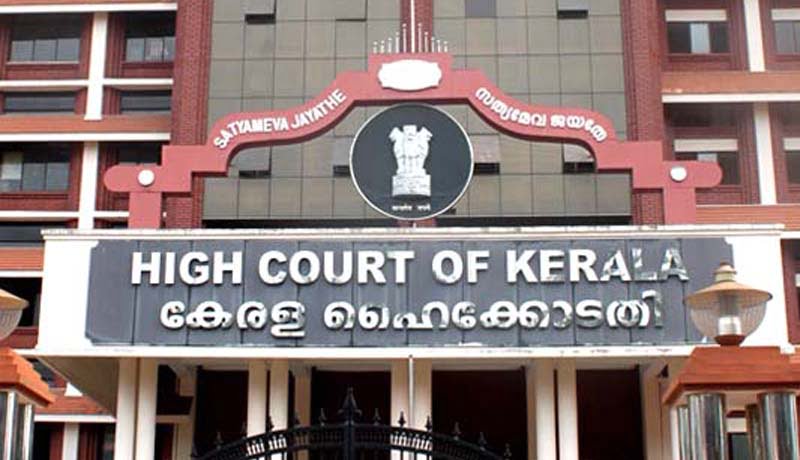Kerala HC upholds Constitutional Validity of Higher Rate of Motor Vehicle Tax on Contract Carriages [Read Judgment]

Kerala High Court-Tax Exemption-taxscan
Kerala High Court-Tax Exemption-taxscan
Recently, the Kerala High Court upheld the constitutional validity of the levy of motor vehicle Tax on contract carriages in Kerala at a higher rate through the Finance Act, 2014. The Court while dismissing a bunch of petitions challenging the same, have clarified that the levy is reasonable.
In the instant case, the petitioners challenged the provisions of the Kerala Finance Act, 2014 and raised two main contentions. Firstly, the differentiation of classification between contract carriages having ordinary seats, push back seats and sleeper births, which according to the petitioners cannot be classified separately depending upon the comfort given to the passengers. Secondly, the different rate of tax for vehicles registered in other States and entering the State of Kerala after obtaining permit under Sub Sections (8) & (9) of Section 88 of the Motor Vehicles Act. The petitioners urged that the Act imposes a higher rate of tax when compared to the rate of tax applicable to the vehicles registered in the State of Kerala. They submitted that if corresponding concessional rates are not allowed for vehicles registered in Kerala the contract carriage owners who have taken registration in Kerala will not be able to compete with the contract carriages registered in other states.
After analyzing the provisions of the Act, the Single judge observed that section 3 of the Act do not restrict the right of the Government in amending the statute whereby a different classification has been brought into effect.
“As rightly pointed out by the petitioners, prior to the amendment, there was only a single rate of tax as far as Motor Vehicles registered outside the State was concerned. Even at the relevant time there was a separate classification. The rate of tax for vehicles registered in Kerala and the vehicles which are registered outside the State were differently classified. Further, the classification itself is based on the fact that one vehicle is registered in the State of Kerala and the other in other State. Therefore, to that extent, it cannot be stated that the classification is bad.”
Regarding the plea on different classification with reference to the very same type of vehicle by treating the same differently depending upon the nature of comfort for the passengers, it was held that there do not exist any discrimination. “Perusal of Sl.No.7 of the Schedule would show that similar classification has been done in respect of vehicles operated within the State in respect of ordinary contract carriages and other contract carriages with push back seats, sleepers etc. Similar classification has been made in respect of vehicles registered in the State of Kerala and operating inter-State, very same classification has been made in respect of vehicles registered in other State and entering State of Kerala. Therefore, the classification based on the comfort level of passengers either ordinary seats, pushback seats, sleeper berth etc., has been uniformly applying within the State, outside the State and vehicles coming from other States.”
Regarding the second issue that whether the differential tax can be adopted with respect to vehicles registered in State of Kerala and operating outside the State and vehicles registered outside the State operating in Kerala, Justice A.M Shaffique observed that, “The reasons stated by the Government for imposing a different rate of tax between two types of operators viz, operators registered in State of Kerala and outside Kerala is the difference in the rate of tax between the two States. It is contended that the vehicle registered in the State of Kerala when it operates inter-State will have to pay a higher rate of tax in the neighbouring State, and it has come to the notice of the Government, that such operators are unable to compete with operators who are registered outside the State and operating within the State. It is well settled that in a taxing statute, the intention of the Government is not material, and therefore one cannot treat the impugned clauses as a discrimination, warranting interference by this Court.”
Read the full text of the Judgment below.


